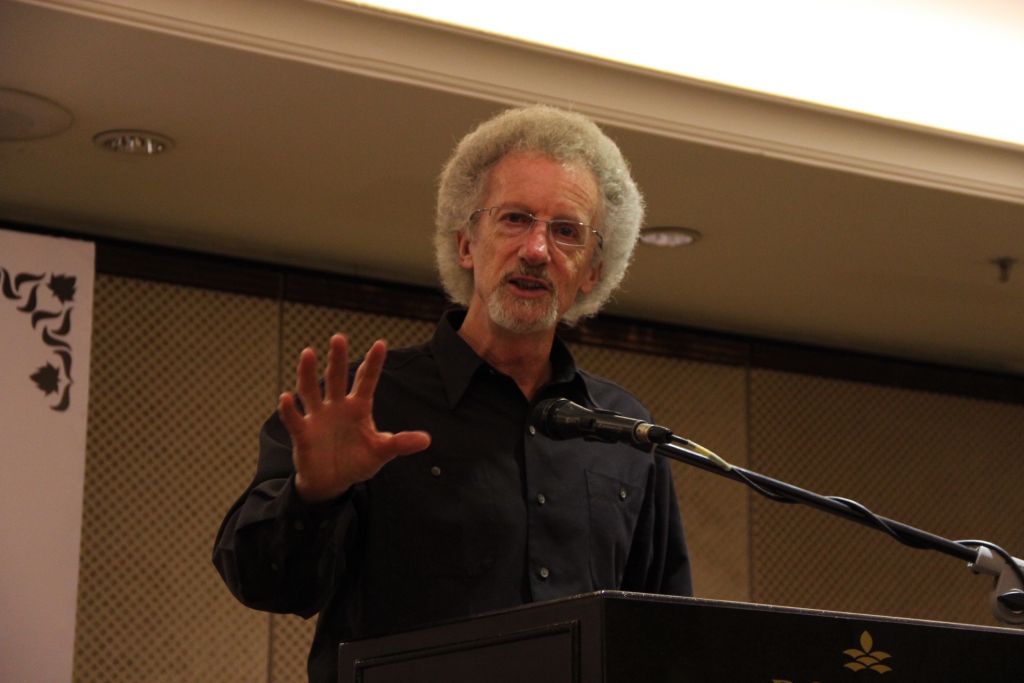
In honor of Dr. Philip Yancey’s recent trip to Malaysia during which he spoke at several events, Bro. Lawrence James of PVM Harvest Resources Christian Books Publisher and Distributor held a welcome dinner for Dr. Yancey.
The publisher for Dr. Philip Yancey’s books, PVM Harvest Resources invited church leaders from the Klang Valley area to dine with Dr. Yancey at Grand Dorsett Hotel, Subang Jaya on November 13th. After a scrumptious meal, Dr. Yancey delivered a brief but encouraging message.
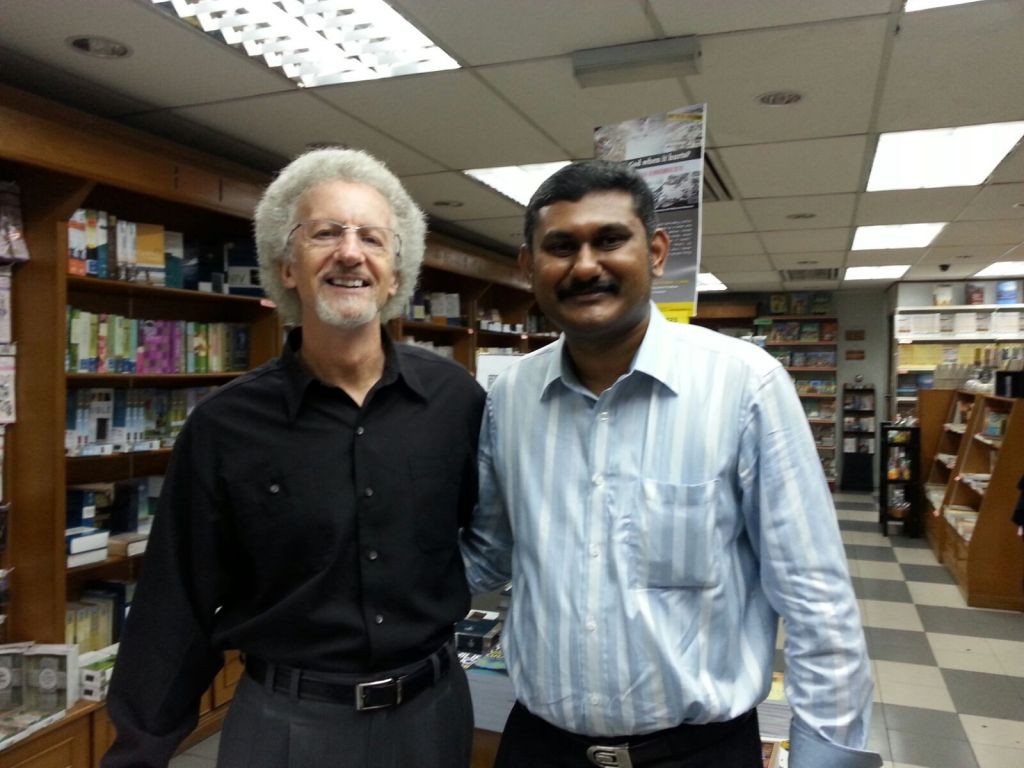
“I did not grow up in a healthy church, and I did not grow up in a healthy faith,” Dr. Yancey said. “In some ways, it’s harder to become a Christian when you have been betrayed, in a way. For instance, the church I grew up in was very racist. We were told that people of a different skin color were inferior.
“I found later that they had lied to me. They were wrong. And if they had lied to me about that, maybe they lied to me about the Bible—maybe they lied to me about Jesus. So that was a huge crisis of faith, and I just backed away completely. It’s important to get our theology right, isn’t it?
“Because if we emphasize the wrong thing, you can really wound people. My brother has never recovered. Fortunately, by God’s grace, I have. My career as a writer is really the same as my pilgrimage as a Christian. I feel very blessed to be able to spend my time writing what I would be doing anyway: Working out my faith.”
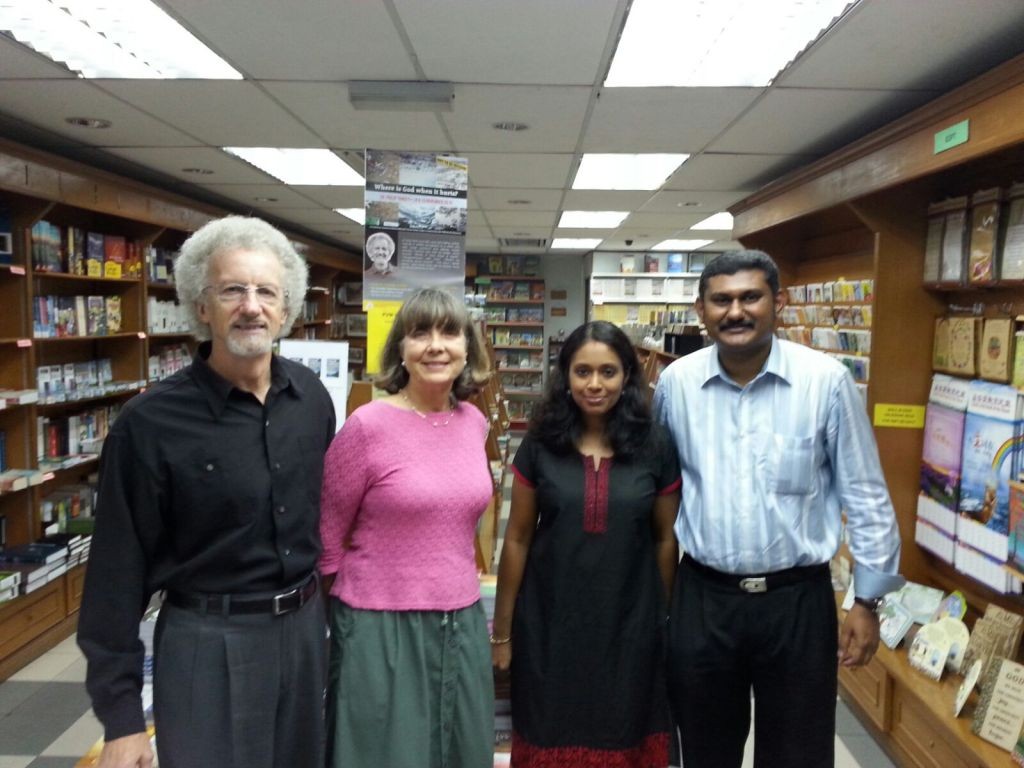
Dr. Yancey described his Christian journey to be similar to picking up old stones and scrubbing off the moss and dirt to see which ones were worth keeping, and which ones needed to be thrown out.
He also likened his writing process to hacking his way through a jungle with a machete. “I usually start with a question—and I feel like in the process I’m cutting my way through a jungle and I don’t know where I’ll emerge.
“So for a year or so, I’m just hacking away, clearing a path, trying to find a way through the question I started with, and then at the end, I reach a lake or a mountain, and I turn around to look behind me and to my surprise, there are other people on that same path, saying, ‘Thank you for helping clear the way!’
“It’s so moving to me,” Dr. Yancey said, “because when I decide to write a book, I don’t think, ‘What book would sell?’ or ‘What do people need?’ I think, ‘What don’t I know?’ And when I find something I don’t know, it’s a privilege to go to some people who can help me.
“So I don’t write a book on prayer because I’m a great prayer warrior. It’s because I’m really lousy at it and I know I need to work on it and understand it better, and learn from those who can truly help me.”
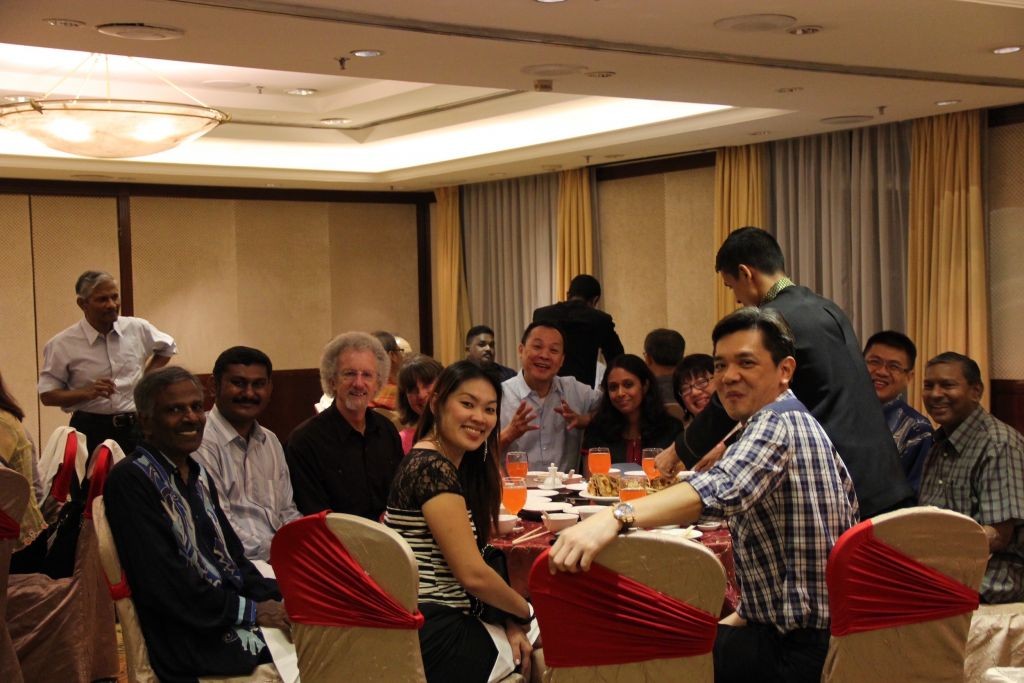
Dr. Yancey then went on to talk about how it is always a learning experience for him to visit countries where Christians are a minority, saying that America didn’t use to be that way, but is certainly headed in such a direction.
“What I find as I go to places like Malaysia, Indonesia, or even some of the post Christian countries like Australia, or the UK, is that there is a more likely spirit of unity among the Christians, and I’m pleased to say that that’s represented here in this room tonight.
“Unity is essential when you’re a minority, and that is actually something that Jesus highly values. His very last prayer on earth with His disciples was, ‘Lord may they be one, as we, the Godhead are one.’
Dr. Yancey mentioned a book he recently read called The Church in Exile which points out that the Church, throughout the ages, has always been made up of a small group of people surrounded by hostility. From the Old Testament, all the way into the New Testament, it was always about a small group of people standing up for what they believe.
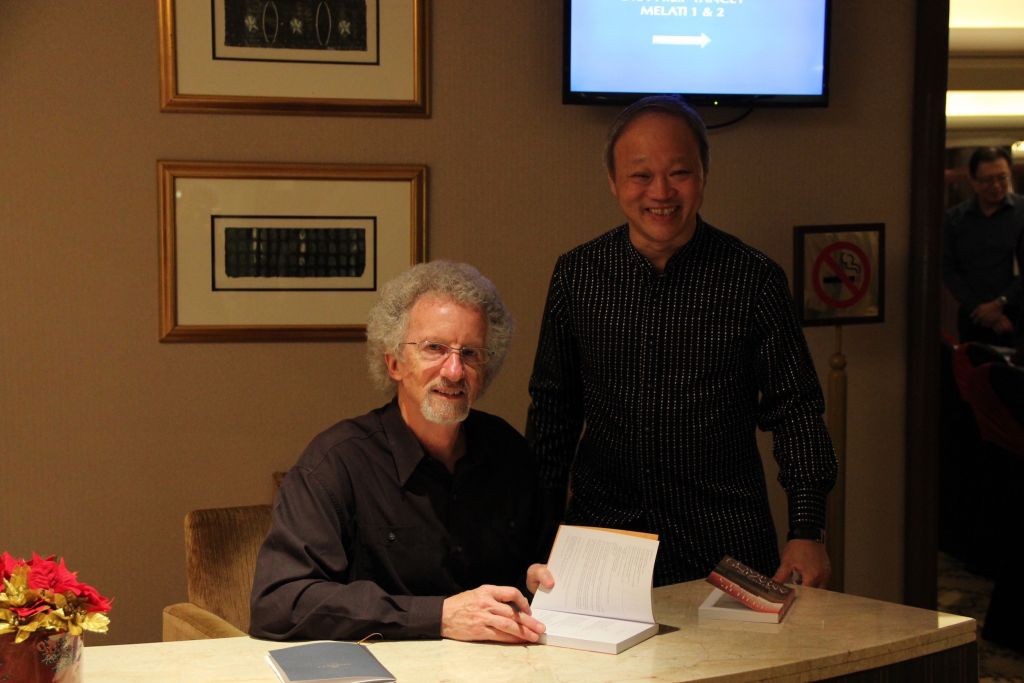
“The people who wrote the Bible were living in the reality of pagan Rome. But the early church didn’t worry about making the Roman Empire Christian. They were worried about being different from the pagans around them. They adopted babies and took care of the sick. After awhile, people looked at them and said, ‘I like the way they’re living better than the way I’m living.’
“And in a few centuries, they converted the majority of the Roman Empire. When Jesus talked about the Kingdom of God, He used small images. He said it’s like a sprinkling of yeast which causes a whole loaf of bread to rise. It’s like a sprinkling of salt that keeps the whole piece of meat from going spoiled, and it’s the smallest seed in the garden that falls to the ground and dies, but when it dies a great bush grows up, and the birds of the air come and nest in it.
“Whenever the kingdom of God takes root, we see the fruit. The author of The Church In Exile uses a phrase that captures what I think the church could be: Communities of engaged non-conformity. So we’re a community. Christianity was never meant to be practiced alone. It is the body of Christ. Jesus left earth, but when He left, He said, ‘I’m going away, but you are now my body. You are the presence of God in the World.’”
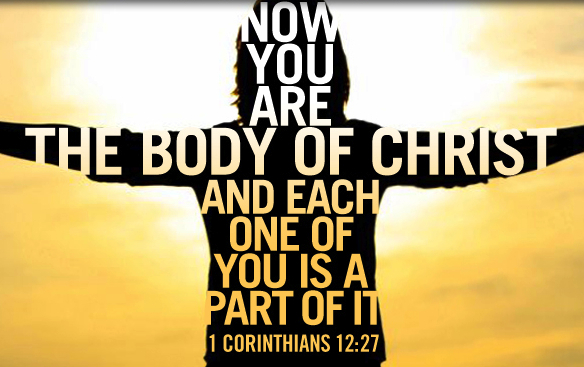
Dr. Yancey told the story of a woman he once interviewed. A prison in South Africa that had 275 acts of violence in one year was transformed by the work of one woman who went in to hold prayer meetings and Bible studies. The year after she started her ministry, there were only 2 cases of violence.
“I asked her, ‘What really happened there?’ And she looks at me, and she said, ‘Well Philip, God was already present in that prison. We just had to make Him visible.’ God is already here in Malaysia! He’s already present in Beijing and Moscow, and Washington DC. It’s up to us to make Him visible. That’s the mission that God has given to us: To show to the rest of the world what God had in mind in creating humans in the first place.
“We bring God pleasure by being the kind of people that He designed us to be. Communities of engaged non-conformists. ‘As the Father has sent me, I send you out into the world,’ Jesus said.
“The beautiful thing about the body of Christ is that we all have a different part to play. There are some who are eyes, and some who are toenails, and some who are kidneys. Our job is to not all try to do the same thing. The body wouldn’t work. Our job is to find out our role in the body of Christ, and to do that to the best of our ability with God’s help.”
|Share The Good News|
Esperanza Ng

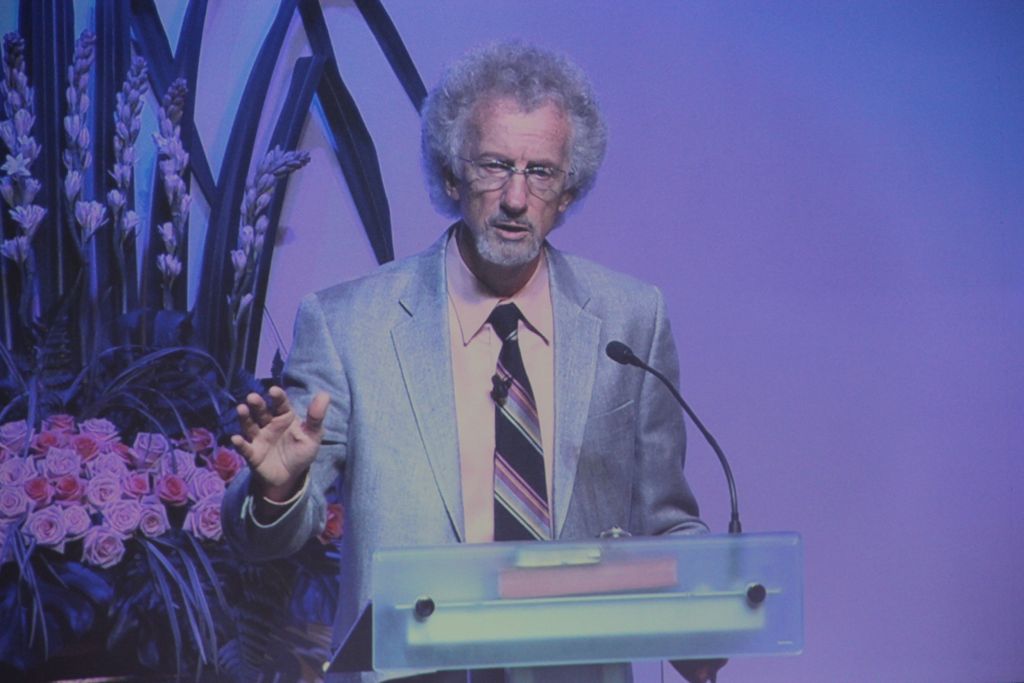

Leave a Reply